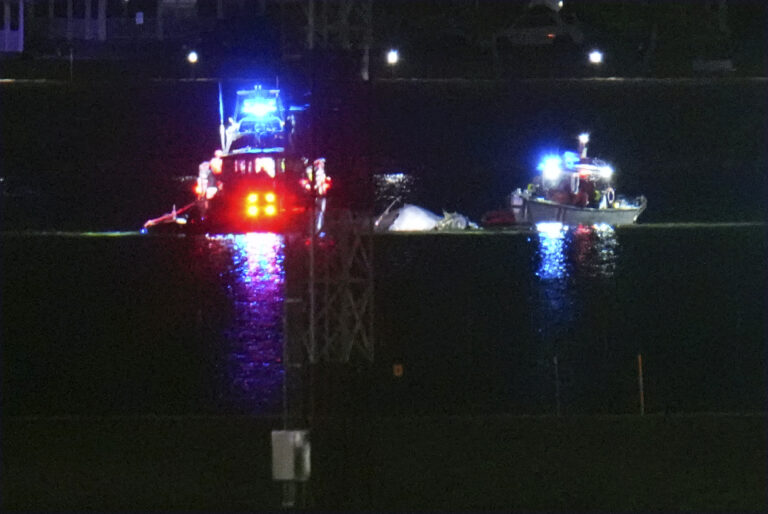 According to David Albright, a physicist and President of the Institute for Science and International Security (ISIS) in Washington, D.C, an offensive against Iran would only have limited success. He explained in a report released last week that even a “successful” offensive against Iran would only result in a temporary setback of Iranian nuclear enrichment efforts.
According to David Albright, a physicist and President of the Institute for Science and International Security (ISIS) in Washington, D.C, an offensive against Iran would only have limited success. He explained in a report released last week that even a “successful” offensive against Iran would only result in a temporary setback of Iranian nuclear enrichment efforts.
Albright is of the opinion that an offensive against Iran may not be compared to the Israeli attack against the Iraqi nuclear reactor in 1981, or even the recent attack against Syria’s nuclear facility. He explains that intelligence information does not furnish the location of all the Iranian installations, and an attack against the known facilities would require an extremely large force and repeated sorties, not just a hit-and-run operation.
In addition, Albright feels such a move would only compel the Iranians to pick up the pace of the program and without a doubt; the Iranians are capable of hiding some of the centrifuge facilities.
(Yechiel Spira – YWN Israel)











11 Responses
Mr. Albright should stick to physics and left-wing politics (he appears to be more of an expert on the latter than the former), and leave military planning to the military planners.
So according to this gaon, because we MIGHT not be able to take out EVERYthing, we shouldn’t take out ANYthing?!? And where does that leave us?
Is this the excuse that Condoleeza “Clueless” Rice gives when she says that Israel shouldn’t attack Iran?
So just blow it up don’t wait.
israel is in a tight spot. attack, and face at most limited success, or wait and face the cosequences of a nuclear iran.
‘ nor the rebono shel olem ken helfen’
Relax people; it ain’t over ’til it’s over.
The attack takes a lot of planning and coordination. And timing is everything.
shazam –
Based on some of your earlier postings, you have experience and scientific expertise in military weapons systems.
I don’t have any knowledge but that of a curious layman; however the following concerns about Israel attacking Iran’s nuclear facilities make sense to me:
– The facilities are scattered and hidden. It is far from certain they could all be destroyed, and any remaining facilities would then ramp up production.
– Even the bunker-buster bombs the U.S. used vs. Iraq have their limitations. If the facility is buried deeply enough and/or reinforced enough it will not be destroyed. I assume that the bunker-buster uses the same principle as a shaped charge, and the resulting shock wave destroys the target, but it will not destroy something beyond a certain point.
– Many Arab countries as well as Hizbulla and Hamas might attack Israel with missiles and rockets in retaliation.
– The U.S. has a very sensitive situation on its hands right now and doesn’t want to have to deal with an enraged Arab world ticked off at its close ally.
Iraq and Syria were arrogant and foolish enough to have their programs exposed and centralized, putting all of their nuclear eggs in one vulnerable basket. Iran is unfortunately much more wily. Short of a boots-on-the ground invasion, or at least a massive simultaneous commando raid, I can’t see the reward of a bomb/missile attack only outweighing the risk.
Your thought would be appreciated.
What do they know. Between the R”SO and the nuclear missiles (that Israel doesn’t have) why would the attack not be successful?
ISIS states about their organization, ” It has worked regularly in the U.S. and abroad to unite government officials, independent experts, scientists, and the public in efforts to find credible strategies to solve U.S., regional, and global security problems.”
They have worked “in” the US and abroad, rather than worked “for” the US…..
I went to their website http://www.isis-online.org/ and frankly, I am not so impressed. The material on their site does not seem to have the weightiness to justify any sense of expertise in this arena. And especially not so as to challenge true intelligence findings by genuine intelligence agencies.
I guess Mr. Albright has a lot of money and/or gets government grants and can set himself up as a big shot.
I doubt that anyone here has a background in air force planning, photo interpretation, or clearances for and access to tightly held intelligence information (and those that do, I’m certain, are keeping their mouths shut tight). I doubt that there are many experts here (if anywhere) who can correctly predict what an Iranian response would be to an Israeli attack (or its decision not to attack) in the short or long run. Therefore, I think its inappropriate for anyone here to criticize Mr. Albright’s opinion without justification to claim a better-informed opinion.
Military planners will be thinking about how well are Iranian nuclear facilities dug in, and how dispersed are they? How well defended are these sites? Then, assuming that Israel can overcome these complications in planning a mission (which were not present in 1981 or last year in Syria), then they have to consider Iran’s potential long-term and short-term responses. Missiles have been threatened. If we’ve learned anything from the America’s first Iraq War, or Israel’s second Lebanon War, finding mobile-based missiles before they are fired is extremely difficult. Israel would have to consider how good their intel is on those missile sites and whether Israel has the capabilities of identifying all or nearly all of the missiles and destroying them before they can be launched, and whether Israel’s anti-missile defenses are good enough to stop any that gets through. In the long-run, Israel has to consider how long it would take for Iran to get back into the nuclear game and would assume that an Israeli attack would more likely motivate it to obtain nuclear weapons rather than not.
Israeli leaders will also ask their military leaders whether there are other solutions to the problem, such as covert operations to create “accidents” at critical sites (one wonders whether Israel had anything to do with the workplace accident involving a chemical warhead being installed on a missile. The advantage to these is that they are deniable and that they might make Iran look so incompetent that the events will never get reported.
Of course, Israel can also consider continued diplomatic options, and a reversion to the successful cold war strategy of “Mutually Assured Destruction.” It has been suggested that despite Iran’s official rhetoric, real control of Iran’s military rests with its religious establishment, and they are not necessarily predisposed to becoming martyrs to an Israel second-strike from submarine-launched nuclear cruise missiles.
It’s clearer than ever that Hashem is bringing us (in the next few years) into an impossible situation to handle on our own. It’s brought down that the way Moshiach will come is when all yidden “groan out” to Hashem. The lashon in hebrew isnt “cry” out or “scream” out. When we are in a tight situation and the whole world is threatening us, all that is left to do is groan with pain.